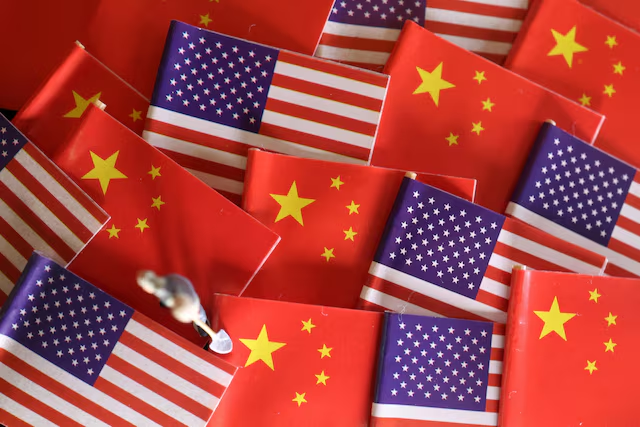News
Trump Targets China’s Cooking Oil Trade — But Sales Were Already Falling

U.S. President Donald Trump said he is considering ending certain trade ties with China, particularly in cooking oil, though traders and analysts say shipments had already dropped sharply over the past year.
“I believe China is deliberately avoiding purchases of our soybeans and hurting our soybean farmers — it’s an economically hostile act,” Trump wrote on social media Tuesday. “In response, we are considering ending trade with China in cooking oil and other related sectors. For example, we can easily produce our own cooking oil — we don’t need to buy it from China.”
The United States was previously China’s top market for used cooking oil (UCO), importing a record 1.27 million metric tons valued at $1.1 billion in 2024. But following China’s tax rebate cuts late last year and U.S. tariffs on Chinese goods earlier this year, imports plunged 65% in January–August to 290,690 tons, worth about $286.7 million.
As a result, Trump’s comments are expected to have “minimal impact” on the market, according to two China-based UCO traders who spoke on condition of anonymity because they were not authorized to talk to the media.
“The U.S. has already almost stopped buying from China,” said one trader dealing with the American market. “So the effect of his threats is more symbolic than real.” Another added, “Domestic producers are now mostly taking orders from Europe and no longer focusing on the U.S.”
While small compared with soybean trade, the UCO sector has symbolic importance. China imported 22.13 million tons of U.S. soybeans last year, worth $12 billion.
“Used cooking oil is a niche trade, but it reflects how the Trump administration is positioning itself as a defender of U.S. farmers, even as China diversifies its agricultural sourcing,” said Chim Lee, a senior analyst at the Economist Intelligence Unit.
China, the world’s largest soybean importer, has in recent months shifted purchases toward Brazil and Argentina. Trump has described this as a negotiating tactic and said he expects to discuss soybeans with Chinese President Xi Jinping later this month, warning that the U.S. could block a larger portion of Chinese imports.
Trump has already imposed a sweeping range of tariffs on Chinese imports, arguing that the measures are meant to reduce the trade deficit, revive domestic manufacturing, and weaken the fentanyl trade.
Relations between the U.S. and China have remained strained for years — particularly since Trump first took office — amid disputes over technology, human rights, the COVID-19 pandemic, and geopolitical flashpoints including Hong Kong, Taiwan, and Ukraine.
